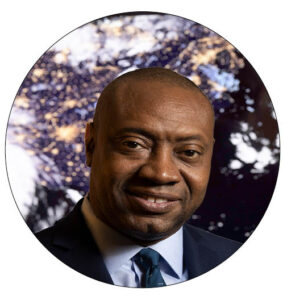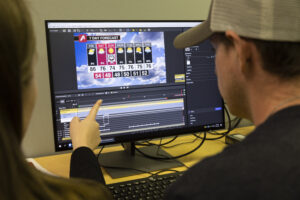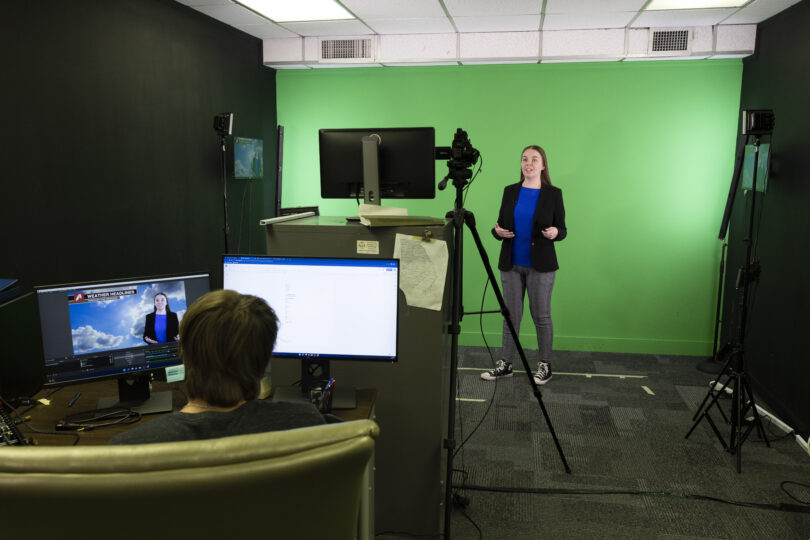UGA’s degree program in atmospheric sciences is just five years old and growing rapidly.
For years, UGA students with an interest in meteorology had to build a curriculum that touched on the subject but rarely explored it in great depth. That changed in 2000 when the university established the undergraduate and graduate atmospheric sciences certificate programs through the departments of geography and biological and agricultural engineering.
 That worked for a while, but as the field expanded to include more scientific interest in climate change, so did the desire to study it. In 2017, Franklin College addressed this problem with the launch of an undergraduate degree program in atmospheric science.
That worked for a while, but as the field expanded to include more scientific interest in climate change, so did the desire to study it. In 2017, Franklin College addressed this problem with the launch of an undergraduate degree program in atmospheric science.
It was about time.
“If you think back to your own educational experiences—things like weather, climate, hydrology, oceanography, marine science—we only get little samples of that in our K-12 training,” says Marshall Shepherd (left), a leading international expert in weather and climate and the Georgia Athletic Association Distinguished Professor of Geography and Atmospheric Sciences at UGA.

Karissa Chilcote and Seth Thompson (right) prepare graphics for a AthensGAWeather video recording in the climatology studio. (Photo by Peter Frey/UGA)
“People are never taught about how our Earth works as a system, and more importantly, because of the low science literacy in general. There are people that take advantage of that by propagating misinformation about things like climate science.”
Students complete a total of 30 course hours in the program headlined by “Introduction to Weather and Climate” and “Weather Analysis and Forecasting.” For budding on-camera meteorologists, students have the opportunity to work with a green screen and other broadcast technology.
On the research side, faculty work ranges from the impacts of climate change and extreme weather events to the role of human activity in weather changes.
This story appears in the Winter 2022 issue of Georgia Magazine
Mostly Sunny – The Atlanta Weather Report | The Weather Channel








